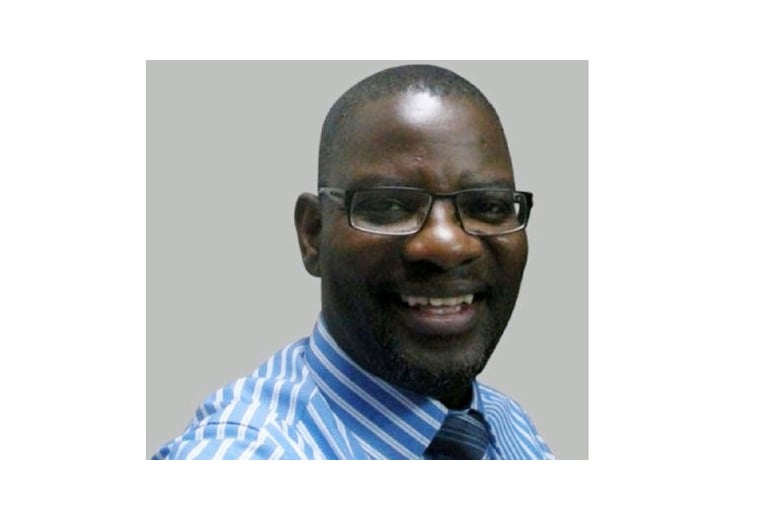Prime
Norwegian who knows us well says we are dishonest

Mr Musaazi Namiti
What you need to know:
- The book is based on Mr Solberg’s lived experiences in African countries, and it shows we have a serious integrity deficit. Perhaps that is why people do not even trust religious leaders, as Pastor Aloysius Bugingo’s shooting incident amply demonstrated.
If it was not for social media, I would have missed Rina Solberg’s remarks about Ugandans’ dishonesty. As I do not watch TV regularly, much of what our TV stations broadcast finds me on social media. So, on January 23, I was looking at my Facebook newsfeed, and I saw comments that grabbed my attention.
Mr Solberg, a Norwegian entrepreneur who has done business in Uganda for nearly 40 years, had told NTV that the “supply of honest Ugandans is currently low”.
You could say he stated the obvious, but I was surprised that a white foreigner had the guts to say it. Many white foreigners keep negative views about Uganda and Ugandans to themselves because they are afraid to be labelled racist.
If you ask them what they think of Uganda and Ugandans, they often say nice but banal, predictable things: the climate is great, the people are amazing and friendly. Sometimes they throw in something about the tasty fruit and vegetables — or wild animals in game parks. And that will be pretty much it.
Mr Solberg was refreshingly different and brutally frank. I reached out to him on LinkedIn since I did not have his contact details. Fortunately for me, he accepted my connection request almost immediately.
Then I sent him a screenshot of NTV’s Facebook post — with the words he had said — and asked if he was willing to say more in an interview. What he said in the interview has been published in this newspaper and does not have to be repeated in this article.
But what he wrote in his 2007 book titled “Put Integrity First” is worth sharing. The book is based on Mr Solberg’s lived experiences in African countries, and it shows we have a serious integrity deficit. Perhaps that is why people do not even trust religious leaders, as Pastor Aloysius Bugingo’s shooting incident amply demonstrated.
Mr Solberg says that until African countries address the integrity problem (Singapore added honesty to meritocracy and pragmatism in order to develop), they will struggle to rise as lack of integrity fuels corruption, which in turn hampers development.
He cites many examples of dishonesty, including a medical doctor who operated on his father-in-law’s bad knee and deliberately inserted an implant that was clearly labelled: “For demonstration purpose only — not to be implanted.” The doctor, wrote Mr Solberg, was confident and had convinced the patient that everything would be fine after the operation.
But “the knee started to hurt terribly and liquid oozed from the wound”. The patient was taken to Germany where doctors who treated him were shocked when they opened his knee.
Mr Solberg also cites journalists who tried to blackmail him by fabricating allegations against him and threatening to turn them into news stories if he did not pay them large sums of money.
The journalists, he wrote, would back off when he insisted on involving the police.
Dishonesty or lack of integrity is a problem in all countries, of course. For example, one of the contributors to the book wrote about African ministers who would visit the company he used to work for in Europe to collect bribes.
People offering bribes and those receiving them have integrity problems. Nonetheless, our integrity deficit is much more serious. Last month, for example, President Museveni said the Ministry of Finance had ghost employees on its payroll.
In December 2022, US embassy consular chief Sally Sternal told this newspaper many documents submitted by Ugandan visa applicants turn out to be fake.
That is our integrity. And we are religious, God-fearing people!
Mr Musaazi Namiti is a journalist and former
Al Jazeera digital editor in charge of the Africa desk
[email protected] @kazbuk


